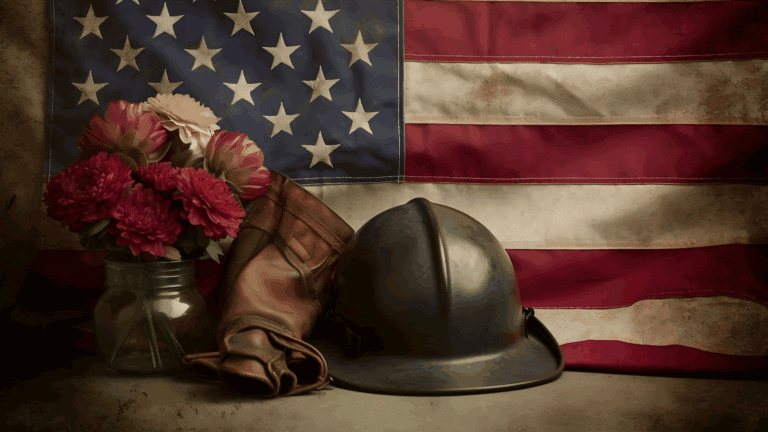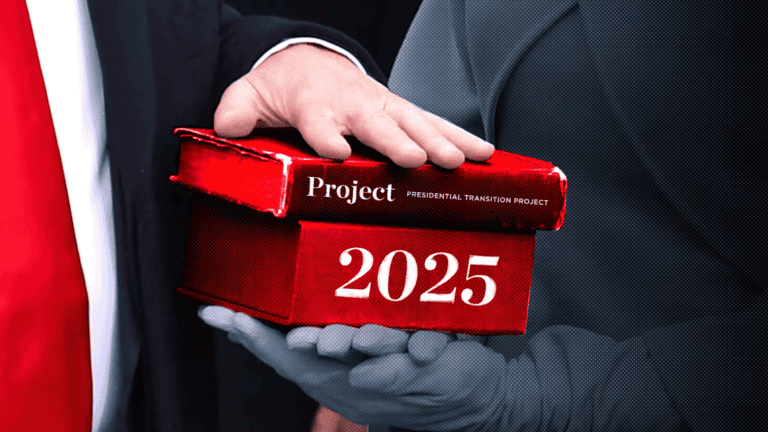Groceries and Honor: The Fight to Keep Military Stores Veteran-Focused
Recent debates in Congress seem mundane but have everything to do with keeping essential benefits intact — especially for disabled veterans who rely on on-base commissaries and exchanges. A July 15 House Armed Services amendment now requires the Department of Defense (DoD) to provide a full report to lawmakers by March 31, 2026 before any move toward privatizing military retail programs — including commissaries and exchanges.
The Big Picture …
Commissaries are far more than just grocery stores. They offer veterans and their families 23 to 25% savings on food and household essentials, supported by taxpayer funding. Meanwhile, exchanges — though self-funded — also benefit military quality-of-life programs.
Now, with DoD exploring privatization as part of broader workforce changes, lawmakers are demanding transparency and accountability:
- Could retail privatization erode cost-saving benefits for veterans?
- What happens to commissary staff and contractors?
- Will privatization work in remote and overseas locations where commissaries are mission-essential?
Lawmakers warn rushing this transition could disrupt access to low-cost groceries and services — without any evidence of savings or productivity gains.
Why It Matters for Disabled Veterans
- Financial Relief:
For veterans on disability benefits, commissary savings can stretch tight budgets
- Access and Convenience:
Disabled vets depend on close, familiar outlets — especially in rural or overseas communities
- Support and Community:
Commissaries and exchanges fuel morale and connection, beyond simple shopping trips
If privatization leads to price increases, longer commutes, or spotty service access — many disabled vets could face real financial and logistical hardship.
What’s Being Pushed …
The House amendment orders DoD to report its findings to Senate and House Armed Services Committees, covering:
- Projected costs vs. savings
- Impact on benefits and staffing
- Feasibility in all locations — including remote and overseas bases
- Effect on existing employees and contracted suppliers
- Potential disruption to morale, welfare, and community services
Private operation might seem efficient — but without careful study, it risks eroding the very benefits veterans rely on most.
What Veterans Can Do Now:
- Stay informed: Watch the DoD report and NDAA negotiations in early 2026.
- Weigh in: Use your congressional contacts or VSOs to voice support for keeping stores within DoD control.
- Share your story: Commissaries do more than sell groceries; they touch everyday life. Let your representatives know how these stores matter to you and your family.
- Ask questions at the checkout: Start grassroots conversations about what’s at stake if perks disappear.
Final Thoughts …
Commissaries and exchanges aren’t perks — they’re lifelines. They’re one of the few veteran-centric financial breaks still standing strong.
Congress is doing the right thing by pausing privatization talk — waiting for facts, not rushing decisions. But this moment isn’t just about stopping a policy change. It’s about affirming respect for veterans’ access, savings, and dignity. Because groceries are more than groceries — they’re food on the table and honor in the everyday.






Rhett J Puder single handedly destroyed faith and trust in American government. They gave him a raise. These people have mental health problems and work for VA.
We will take purple hearts for mental health problems if that’s what it takes for us to be able to afford healthcare, especially pain medication and surgery for service connected musculoskeletal conditions. God knows that can’t be had at the Veterans Healthcare Administration all while they expand the fraudulent wreck of a scam.